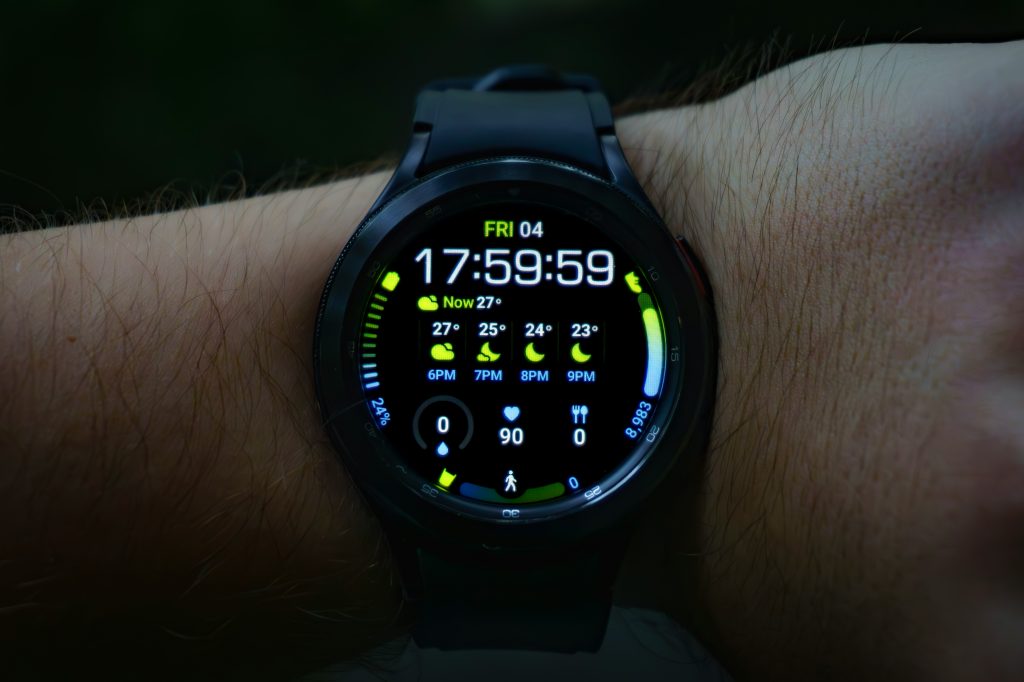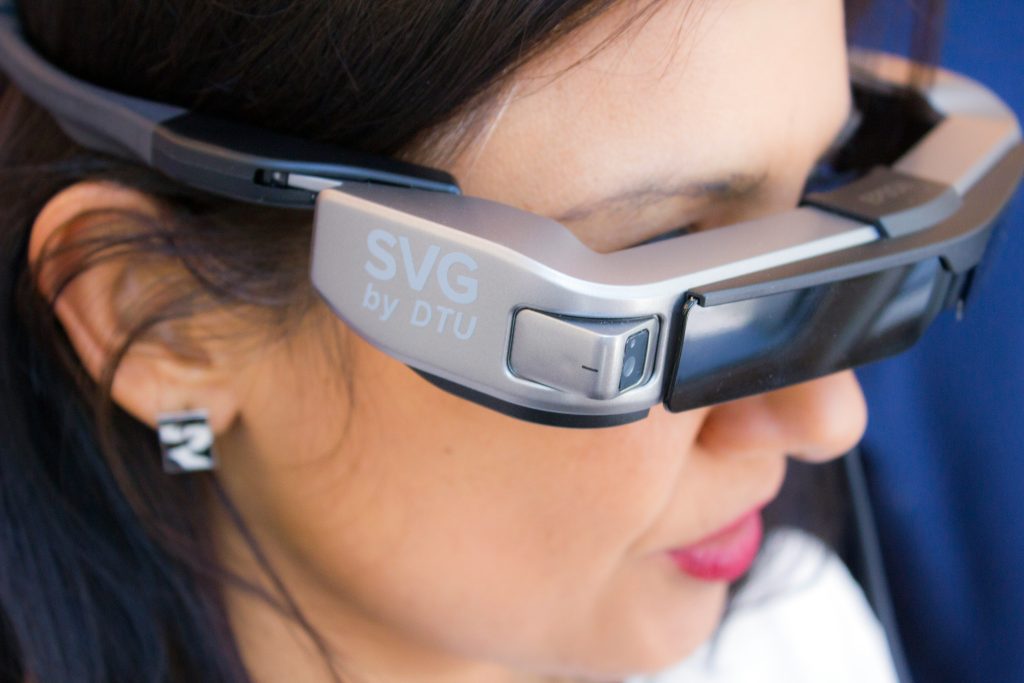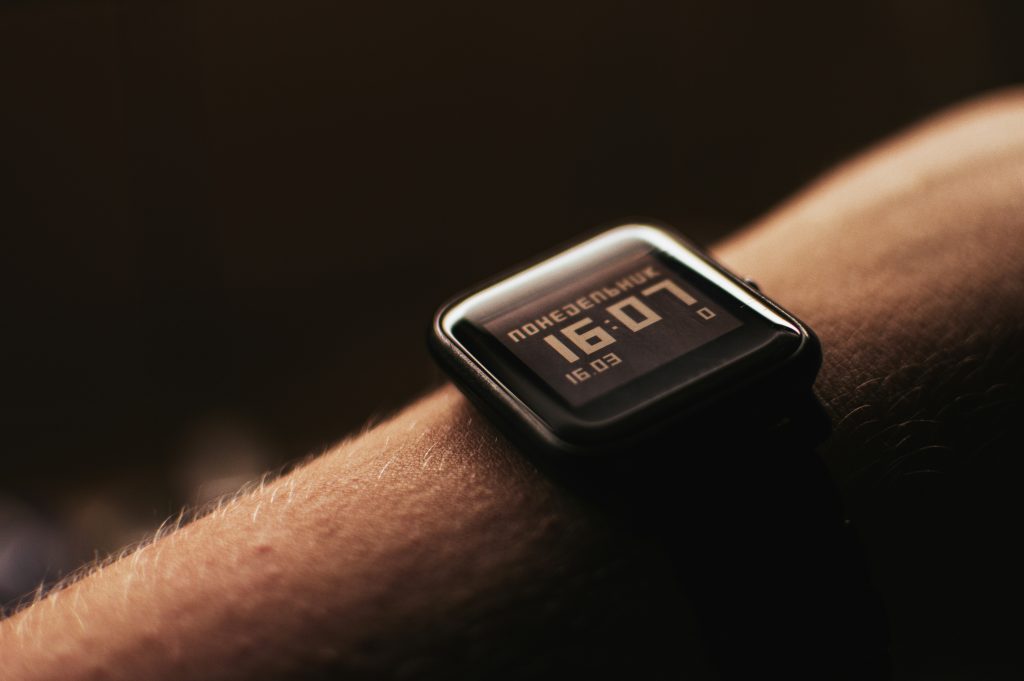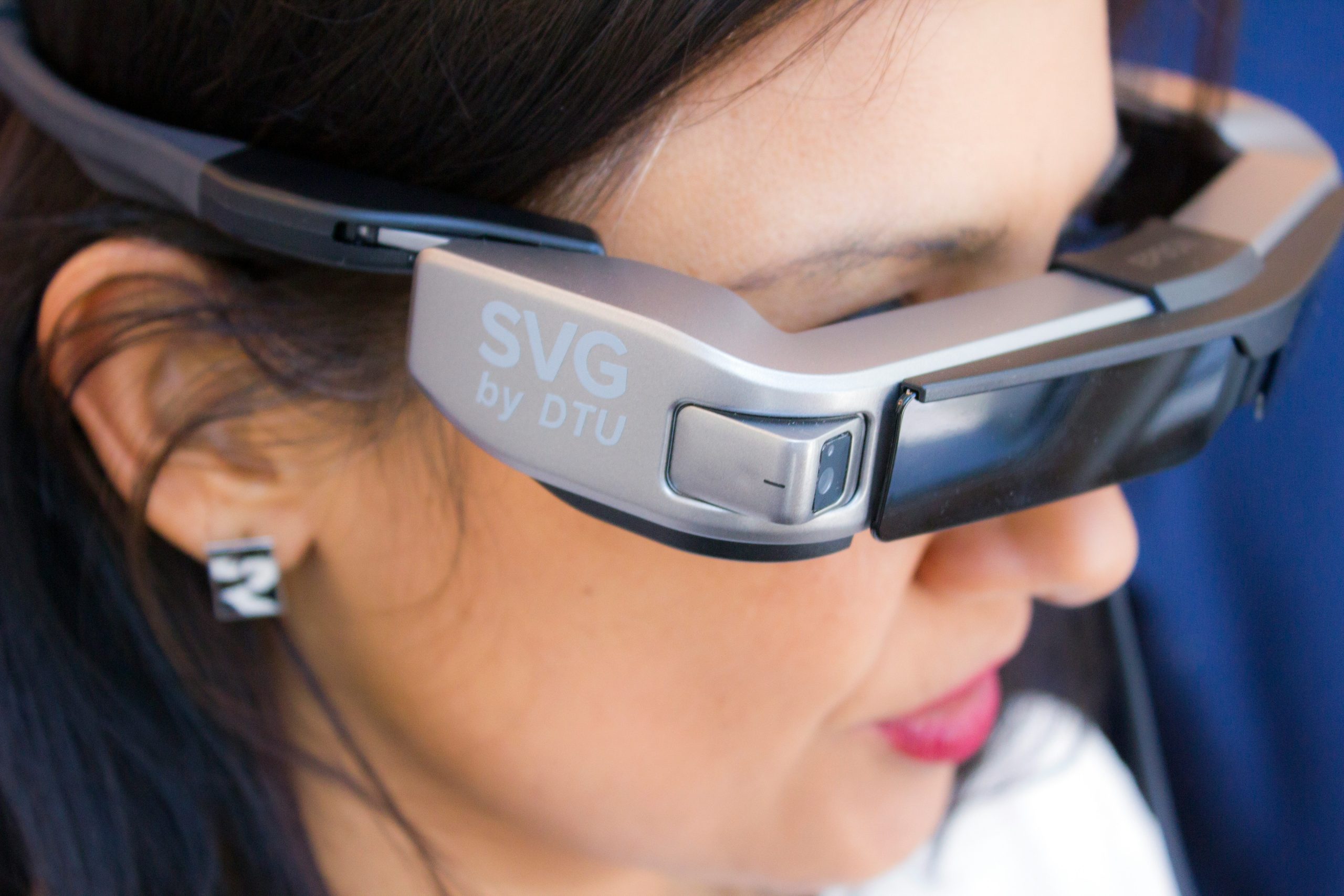Smart Glasses vs Smartwatches: My Complete Hands-on Experience
Introduction: The Battle of Wearable Tech
Technology has evolved so quickly that our gadgets are becoming smaller and smarter every day. A few years ago, smartwatches were at the center of attention, but now smart glasses are entering the game and changing how we interact with the digital world.
I have personally used both devices for months to understand how they fit into daily life. This article is not just a comparison of specs and features, but a personal review based on real experience. I will share what worked, what didn’t, and which device might suit you best depending on your lifestyle.

The Rise of Smartwatches
When smartwatches first came out, I was one of those people who immediately bought one. The idea of having notifications, fitness tracking, heart rate monitoring, and GPS on my wrist sounded incredible. Over time, I realized how convenient it was to quickly glance at messages or check my daily steps without pulling out my phone.
Pros of Smartwatches:
-
Quick access to notifications
-
Built-in health and fitness tracking
-
GPS for navigation and outdoor activities
-
Easy control over music and calls
-
Wide variety of designs and price ranges
Cons of Smartwatches:
Small screen limits usability
Battery life is often short
Most features still depend on your smartphone
Despite these limitations, smartwatches became an essential part of my daily routine. But then I tried smart glasses, and things started to change.
Also Read:Artificial Intelligence in Medicine – Powering Future Care

Enter Smart Glasses: The New Frontier
I first tried smart glasses during a tech exhibition in Dubai. At first glance, they looked like regular stylish sunglasses. But when I wore them, it felt like stepping into the future. A small transparent display appeared in the corner of my vision, showing notifications, directions, and even real-time translations.
Pros of Smart Glasses:
Hands-free experience
Augmented reality (AR) overlays for navigation
Built-in microphones and speakers
Great for photography and video recording
Some models allow voice-controlled apps
Cons of Smart Glasses:
Expensive compared to smartwatches
Limited app support
Battery drains quickly when using AR features
Privacy concerns when cameras are active
Unlike smartwatches, smart glasses completely change the way you interact with technology. Instead of looking down at your wrist, you stay connected while keeping your eyes on the world around you.

Comparing Design and Comfort
I used my smartwatch almost daily without any issues, but after using smart glasses for a week, I noticed a major difference in comfort.
Smartwatches are lightweight and come in a variety of designs. You can wear them for workouts, meetings, or even formal dinners without feeling awkward.
Smart glasses, on the other hand, look stylish, but they feel slightly heavier than regular glasses, especially if you wear them for long hours. However, newer models are improving and getting lighter with every generation.
If comfort is your top priority, smartwatches still win here, but smart glasses are quickly catching up.
Also Read:Foldable Smartphones 2025 . Complete Insider Guide

User Experience and Functionality
When it comes to user experience, both devices serve different purposes:
With a smartwatch, I can track my steps, monitor sleep patterns, receive notifications, answer calls, and control music easily. It integrates seamlessly with fitness apps and works perfectly for people who want a compact, all-in-one device.
Smart glasses, on the other hand, offer an augmented reality experience. For example, when I was exploring a new city, I simply said “show directions” and the route appeared right in front of my eyes without even touching my phone. It felt like having a personal assistant guiding me everywhere.
Smartwatches are more practical for everyday use, but smart glasses provide a futuristic experience that smartwatches cannot match.
Battery Life Comparison
Battery life is a big concern when it comes to wearables:
My smartwatch usually lasts 2 to 3 days with moderate use. Some models, like the Garmin and Amazfit series, can last up to a week.
Smart glasses, however, are more power-hungry. With AR features enabled, the battery usually lasts 5 to 6 hours, which can be a problem for long trips unless you carry a power bank.
If long battery life matters to you, smartwatches are the better choice for now.
Fitness and Health Tracking
For anyone serious about fitness, smartwatches are currently unbeatable. They offer:
Step counting and calorie tracking
Heart rate monitoring
Blood oxygen measurement
Sleep analysis
Integration with fitness apps
Smart glasses, on the other hand, are not yet designed for deep health monitoring. While some new models are experimenting with fitness features, they are nowhere close to the accuracy and depth that smartwatches provide.
Privacy and Security
One of my biggest concerns with smart glasses was privacy. Since they often come with built-in cameras and microphones, people around you may feel uncomfortable, especially in public spaces. Smartwatches, however, are more socially acceptable since they do not record your surroundings.
If you work in offices, schools, or sensitive environments, smartwatches are safer to use.
Price Comparison
Another big factor is cost:
Smartwatches start from as low as $50 and go up to $500 depending on brand and features.
Smart glasses, on the other hand, usually start at $400 and can easily cross $1,500 for high-end AR models like Ray-Ban Meta or Apple Vision Pro.
For budget-conscious users, smartwatches are the obvious choice.
Which One Should You Buy?
After using both devices extensively, here is my personal recommendation:
If you want health tracking, affordability, and convenience, go for a smartwatch.
If you are excited about augmented reality, futuristic tech, and hands-free connectivity, smart glasses are worth trying.
For now, I use my smartwatch daily, but I keep my smart glasses for travel, exploring new cities, and certain professional tasks where AR adds real value.
Final Thoughts
The battle between smart glasses and smartwatches is just beginning. Smartwatches are practical, affordable, and reliable, while smart glasses represent the future of wearable technology. It depends on what matters most to you: everyday convenience or cutting-edge innovation.
If you can afford it, having both can give you the best of both worlds. But if you have to choose one, go with the device that fits your lifestyle.
FAQs
Q1. What is the disadvantage of smart glasses?
A:Smart glasses are often expensive, have limited battery life, and raise privacy concerns because many models come with built-in cameras.
Q2. What is the difference between a watch and a smartwatch?
A:A watch only shows time, while a smartwatch offers extra features like fitness tracking, notifications, GPS, and music control.
Q3. What is the main purpose of smart glasses?
A:The main purpose of smart glasses is to provide a hands-free digital experience by showing notifications, navigation, translations, and AR features directly in your vision.
Q4. Can smart glasses correct vision?
A:Yes, some smart glasses can correct vision by adding prescription lenses, but most models focus on digital features rather than full optical correction.




